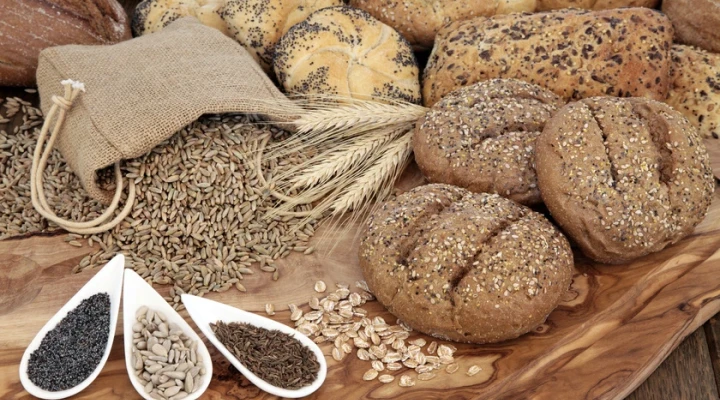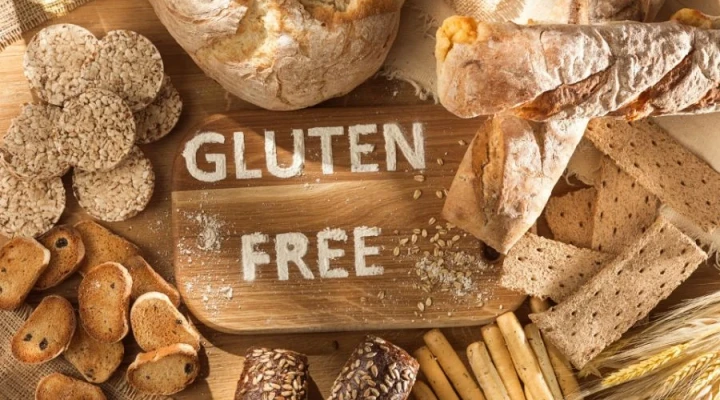Sometimes, symptoms of bloating really are caused by a sensitivity to gluten (you can read more about the other possible factors here). In this case, it is important to distinguish which type, as once again there are several possibilities. You might have celiac disease, which has an autoimmune origin, a wheat allergy, or non-celiac gluten sensitivity (NCGS), all of which can all be treated with a gluten-free diet.
What's wrong with starting a gluten-free diet when I'm not sensitive to gluten?
We don't recommend starting a special diet without a medical diagnosis. A gluten-free diet will mean that the level of antibodies in the blood falls continuously, while the damaged intestinal wall also regenerates. As a result, we will no longer be able to detect gluten sensitivity.
In a European climate, wheat is a basic food, and an excellent source of various minerals. It contains protein, vitamin, and iron, to name but a few. If you exclude it from your diet, you will lose a rich source of nutrients. It is gluten itself that makes wheat flour an important ingredient in cooking: it enables the preparation of breads, leavened doughs and cakes. It is an integral part of many of our meals. As a result, it is not easy to leave out: you always have to bear it in mind, whether you're cooking, shopping, at the restaurant, or visiting someone for dinner.
How can you replace cereals that contain gluten?
Today, there is a wide range of gluten-free products available. Often, we tend to seek out the gluten-free versions of white bread and baked goods. Unfortunately, gluten-free doesn't always equal healthy! As always, generally speaking the darker the flour, the healthier it is. Whole grain flour contains not only the inner part of the grain, but also the germ, which contains many vitamins and minerals. It is also a source of fiber, which means it helps you maintain a healthy digestive system. It slows down the absorption of carbohydrates, and helps prevent diabetes and weight gain.
When replacing wheat, in addition to the popular rice and corn, it is also worth using some common alternatives to grain, such as oats, millet, buckwheat, sorghum, quinoa, and amaranth. These can be found both on their own, and in flour mixtures, baked goods, and cereal blends. It is a good idea to use these options in order to enjoy a more nutritious and varied diet. It is important to remember that a gluten-free diet should exclude not only wheat, but also rye and barley, as they contain a type of protein that has a similar chemical structure to wheat. This means you can't have bulgur or pearl barley in your diet either. Oats by themselves do not cause a reaction, but because they are often harvested and stored together with other cereals, you should only eat oats that are marked as gluten-free.







